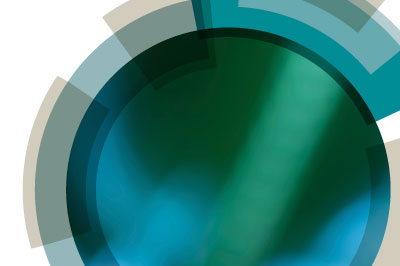The University of Edinburgh, supported by the Dalton Division, will run a residential summer school in Edinburgh on electronic structural methods. This follows the very successful prior events in 2010, 2012 and 2014.
The course will cover both experimental and computational methods which define the electronic structures and properties of a wide range of metal complexes and inorganic materials and will be delivered by experts who have experience of presenting material at a level appropriate for graduate students.
The course will have the following aims:
- To build knowledge of both core and advanced techniques in the determination of electronic properties of metal complexes and inorganic materials.
- To develop the ability to interpret relevant literature.
- To better enable students to understand and defend measurements that form part of their own work.
- To facilitate networking and awareness of facilities and expertise in the UK.
- To enable a shift in skills from technique-centred thinking to problem-centred thinking.
The summer school will include lecture and workshop components, along with plenary presentations and the opportunity for participants to present and discuss their own work. Topics covered will include Electronic absorption/emission spectroscopy, electrochemistry, computational methods, magnetic measurements and EPR. The emphasis will be on how these techniques can be used together to address challenging problems in areas such as materials chemistry, catalysis and bioinorganic chemistry.
Dalton Division will provide most of the financial support for up to 50 graduate students to participate (covering course fees, accommodation and most meals) and only a nominal registration fee will be charged of £125 (or £50 if no accommodation is needed).
The course is open to all members of Dalton Division, but applications are also welcome from students who are not currently Royal Society of Chemistry members, provided that they join before the meeting.
To apply, please download and complete the application form, then send to Dalton.School@ed.ac.uk. The deadline for application is Monday 10th April 2017.
Additional Opportunity:
The Dalton Summer School in Edinburgh is directly followed by the conference “Applications of Photoactive Coordination Compounds” (APCC) in St Andrews on 5th – 7th July, http://www.apcc2017.co.uk/.
This conference covers many topics strongly related to themes covered in the Summer School and the Summer School participants will therefore automatically be eligible for:
(i) a ScotChem scholarship to cover the £80 registration fee for APCC
(ii) organized transportation from Edinburgh to St Andrews on 5th July.
If you would like to take advantage of this offer, then please indicate this on the Summer School application form, and also apply for the APCC through the APCC website. Only 38 scholarships are available.
The course will cover both experimental and computational methods which define the electronic structures and properties of a wide range of metal complexes and inorganic materials and will be delivered by experts who have experience of presenting material at a level appropriate for graduate students.
The course will have the following aims:
- To build knowledge of both core and advanced techniques in the determination of electronic properties of metal complexes and inorganic materials.
- To develop the ability to interpret relevant literature.
- To better enable students to understand and defend measurements that form part of their own work.
- To facilitate networking and awareness of facilities and expertise in the UK.
- To enable a shift in skills from technique-centred thinking to problem-centred thinking.
The summer school will include lecture and workshop components, along with plenary presentations and the opportunity for participants to present and discuss their own work. Topics covered will include Electronic absorption/emission spectroscopy, electrochemistry, computational methods, magnetic measurements and EPR. The emphasis will be on how these techniques can be used together to address challenging problems in areas such as materials chemistry, catalysis and bioinorganic chemistry.
Dalton Division will provide most of the financial support for up to 50 graduate students to participate (covering course fees, accommodation and most meals) and only a nominal registration fee will be charged of £125 (or £50 if no accommodation is needed).
The course is open to all members of Dalton Division, but applications are also welcome from students who are not currently Royal Society of Chemistry members, provided that they join before the meeting.
To apply, please download and complete the application form, then send to Dalton.School@ed.ac.uk. The deadline for application is Monday 10th April 2017.
Additional Opportunity:
The Dalton Summer School in Edinburgh is directly followed by the conference “Applications of Photoactive Coordination Compounds” (APCC) in St Andrews on 5th – 7th July, http://www.apcc2017.co.uk/.
This conference covers many topics strongly related to themes covered in the Summer School and the Summer School participants will therefore automatically be eligible for:
(i) a ScotChem scholarship to cover the £80 registration fee for APCC
(ii) organized transportation from Edinburgh to St Andrews on 5th July.
If you would like to take advantage of this offer, then please indicate this on the Summer School application form, and also apply for the APCC through the APCC website. Only 38 scholarships are available.









